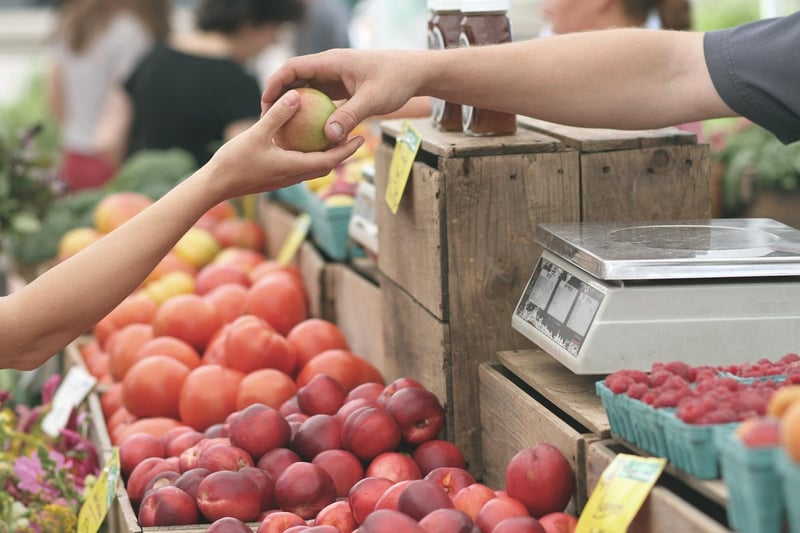Local Food Movement
The Rise of Urban Agriculture in the Local Food Movement
In recent years, there has been a noticeable shift towards growing food in city environments as part of the larger local food movement. Urban agriculture, as this practice is known, involves cultivating, processing, and distributing food in and around urban areas. This trend is gaining momentum for various reasons, including environmental concerns, food security, community building, and health benefits.
Benefits of Urban Agriculture
Urban agriculture offers a range of benefits, both for individuals and the community at large. Some of the key advantages include:
- Access to Fresh Produce: By growing food locally, urban residents have access to fresh, nutritious produce that is often of higher quality than what is found in supermarkets.
- Environmental Sustainability: Urban agriculture promotes sustainability by reducing the carbon footprint associated with transporting food over long distances.
- Community Engagement: Growing food in urban spaces fosters community engagement, bringing people together around a shared goal of sustainable living.
- Food Security: Urban agriculture enhances food security by reducing reliance on external food sources, making cities more resilient to disruptions in the global food supply chain.
- Health Benefits: Engaging in urban agriculture encourages physical activity, promotes healthy eating habits, and provides mental health benefits through time spent outdoors.
Types of Urban Agriculture
Urban agriculture takes many forms, ranging from community gardens and rooftop farms to hydroponic systems and vertical gardens. Each of these approaches has its unique advantages and challenges, but all contribute to creating a more sustainable and resilient food system.
Joining the Local Food Movement
For those interested in participating in the local food movement through urban agriculture, there are several ways to get involved:
- Volunteer at a Community Garden: Many cities have community gardens where volunteers can help plant, tend, and harvest crops.
- Start a Balcony Garden: Even those with limited space can grow herbs, vegetables, and fruits on a balcony or windowsill.
- Support Local Farmers Markets: Buying produce from local farmers markets supports small-scale growers and promotes sustainable agriculture.
- Advocate for Urban Agriculture Policies: Encouraging local governments to support urban agriculture through policies and incentives can help expand access to fresh, locally grown food.
Conclusion
Urban agriculture plays a vital role in the local food movement, offering a sustainable and community-centered approach to food production. By growing food in city environments, individuals can contribute to a more resilient and healthy food system while fostering connections with their neighbors and the environment.

Image source: Pixabay
